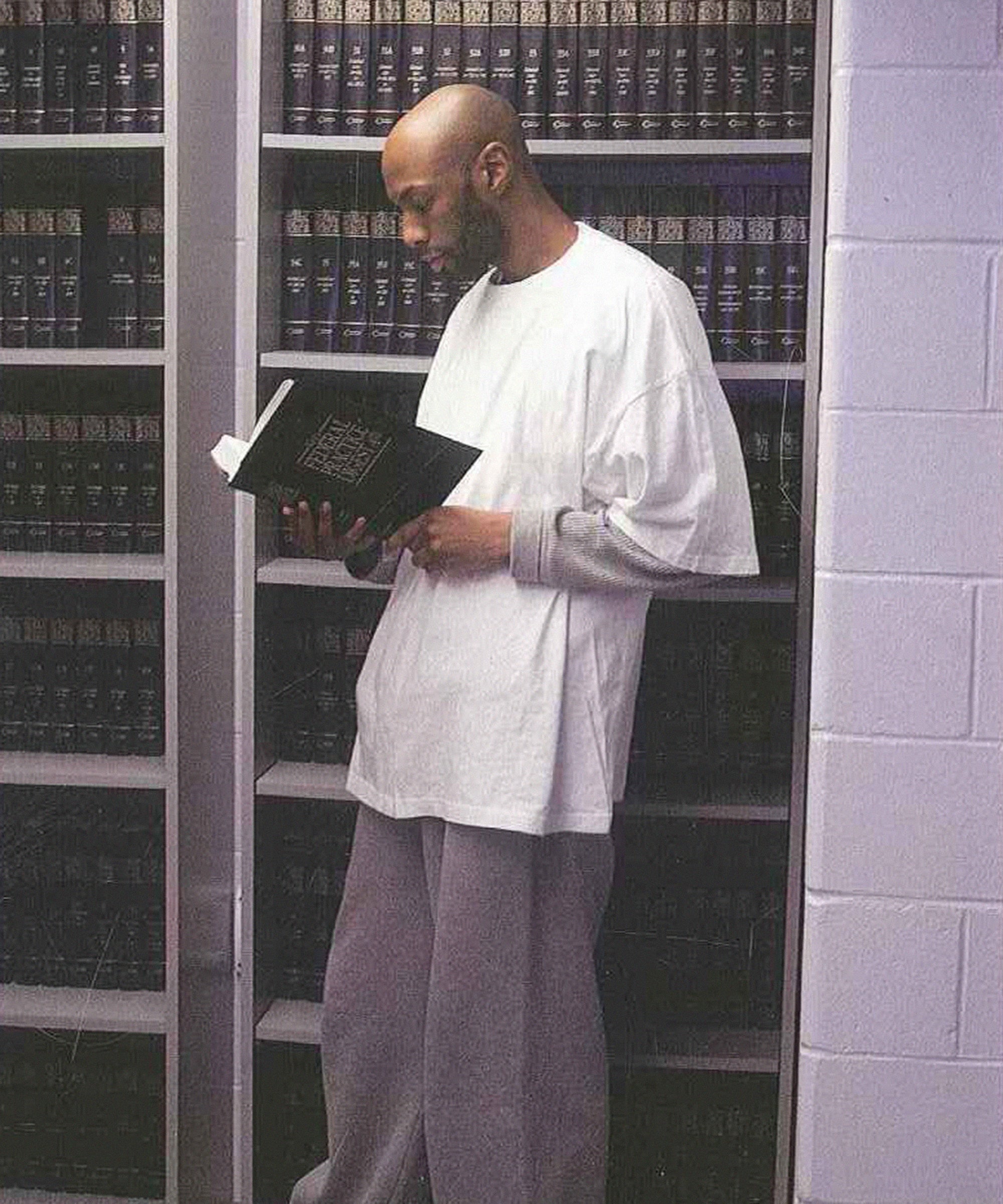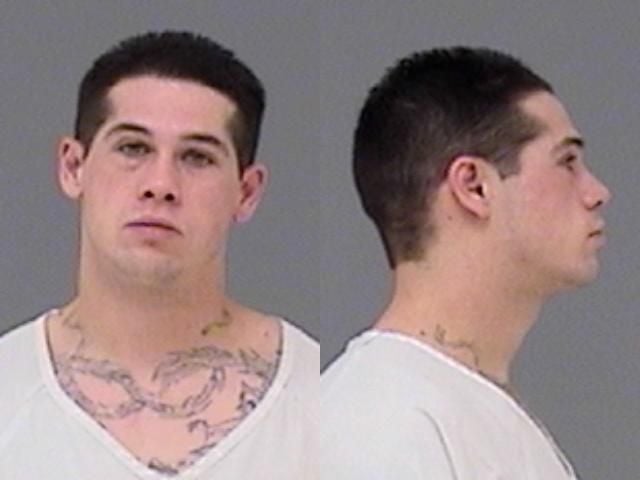
Three more were scheduled for Trump’s final days in office this week, concluding with Higgs.Īlthough Biden sponsored the 1994 crime bill that expanded the use of the federal death penalty, Biden has since called that bill “a mistake” and pledged to end it. Then-Attorney General William Barr ordered the resumption of federal executions in July, and since then 10 inmates have been put to death. Haynes has since provided a signed statement to Higgs’ lawyers, saying that contrary to what prosecutors argued in the case, Higgs did not order him to kill the women. Instead, Higgs drove to the isolated area and, according to testimony, gave another man, Willis Haynes, a gun and told him to “make sure they’re all dead.” The women left, but accepted a ride with Higgs and two other men, thinking they would be driven home. He was the third to receive a lethal injection this week at the federal prison in Terre Haute. Higgs, who was pronounced dead at 1:23 a.m., was the thirteenth federal convict put to death under Trump.
#Dustin higgs case trial#
Attorney’s Office.Īccording to trial testimony, the three women had been at Higgs’ apartment in Laurel when a dispute arose. Dustin Higgs, 48, was convicted in the 1996 kidnapping and killings of three women in a Maryland wildlife refuge. Higgs, who was pronounced dead at 1:23 a.m., was the thirteenth federal convict. Because the land is federally owned, the case was prosecuted by the U.S. Dustin Higgs, 48, was convicted in the 1996 kidnapping and killings of three women in a Maryland wildlife refuge. 27, 1996, the three women - Tanji Jackson, 21 Mishann Chinn, 23 and Tankia Black, 19 - were found shot to death along a desolate stretch of Route 197 in the Patuxent Wildlife Research Center. Prosecutors argued that he ordered another man to kill the women, and that man received a life sentence in a separate trial. Higgs’ defenders have argued that he does not deserve to die because he didn’t shoot the women himself. The Supreme Court also has been petitioned by federal attorneys in a separate case to allow Higgs’ execution to go forward.

“The public interest is not served by executing individuals in this manner.” “This is irresponsible at best,” she wrote. Higgs was arrested on federal drug charges and, on May 12, 1997, pled guilty to possession with intent to distribute cocaine base. Higgs was present for the January 27, 1996, murders of Tanji Jackson, Tamika Black, and Mishann Chinn.

Judge Chutkan said the government’s continued executions during the pandemic endangers the lives of those who gather at the facility to witness or carry them out. Higgs was sentenced to death for his participation in the murder of three women. “Given the widespread COVID outbreak on the federal death row and in the larger Terre Haute community, the government should stop its efforts to carry out Dustin’s execution during this raging pandemic.” “Today’s ruling correctly bars the government from subjecting Dustin to the agony of flash pulmonary edema that he would experience during execution, due to the disease the government itself exposed him to.” “He is still experiencing many debilitating symptoms of the disease, including worsening of pre-existing health issues,” Nolan, a public defender, said in a statement.


 0 kommentar(er)
0 kommentar(er)
